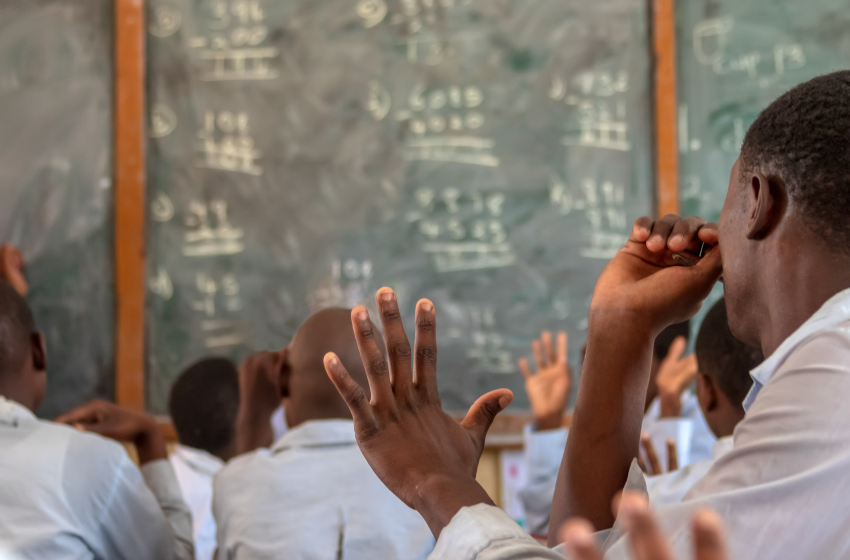As South Africa approaches the 30th anniversary of its first democratic election, we have another education crisis. Nearly 50% (44,3%) of our youth are unemployed, the majority of whom are not in education or training, either. The so-called NEETS are potentially another lost generation.
Big budgets – small results
At R303 billion, South Africa’s annual budget for education ranks among the highest in the world including among countries like Spain, France, and Japan.
Despite what, on the face of it, is significant investment in education, more than 1,600 schools around the country still use pit latrines and thousands of children still go to school under trees and in traditional mud huts.
This begs the question, where do the faults lie: in governance, ineptitude, corruption or all three?
When an ivory tower collapses – the fall of Educor
The Department of Higher Education’s recent deregistration of Educor’s “well-established” brands with an eighty-odd year history, is having a devastating impact. With its imminent liquidation, some 13 000 students will never see their certificates because examinations were never marked let alone properly quality assured. These young people have been cheated by the very institution that would have frowned, nay, expelled them, for cheating.
Private education is big business – and good business
Two other private groups listed on the Johannesburg stock exchange have produced excellent results. One announced that, in the last financial year, it generated more cash than it needed to fund its investments, posting a 45% increase in dividend payout to shareholders. That level of cash generation, and a nearly 50% increase in dividend, proves that for-profit education is not just good business, it’s a great investment. This is quality education for which parents are prepared to pay top dollar.
What are the ethical considerations?
Given that “elementary and fundamental” education is a universal human right, some are questioning the ethics of a business sector that exists mostly for profit.
If the Department of Basic Education was doing a better job, parents who can – and even some who can’t – afford it, would not be sending send their children to private schools. Some of these charge tuition fees that roughly amount to the same as the budget allocation for an RDP house.
Ethics aside, private and for-profit education groups are stepping into the breach where the state is patently failing.
Is this right?
